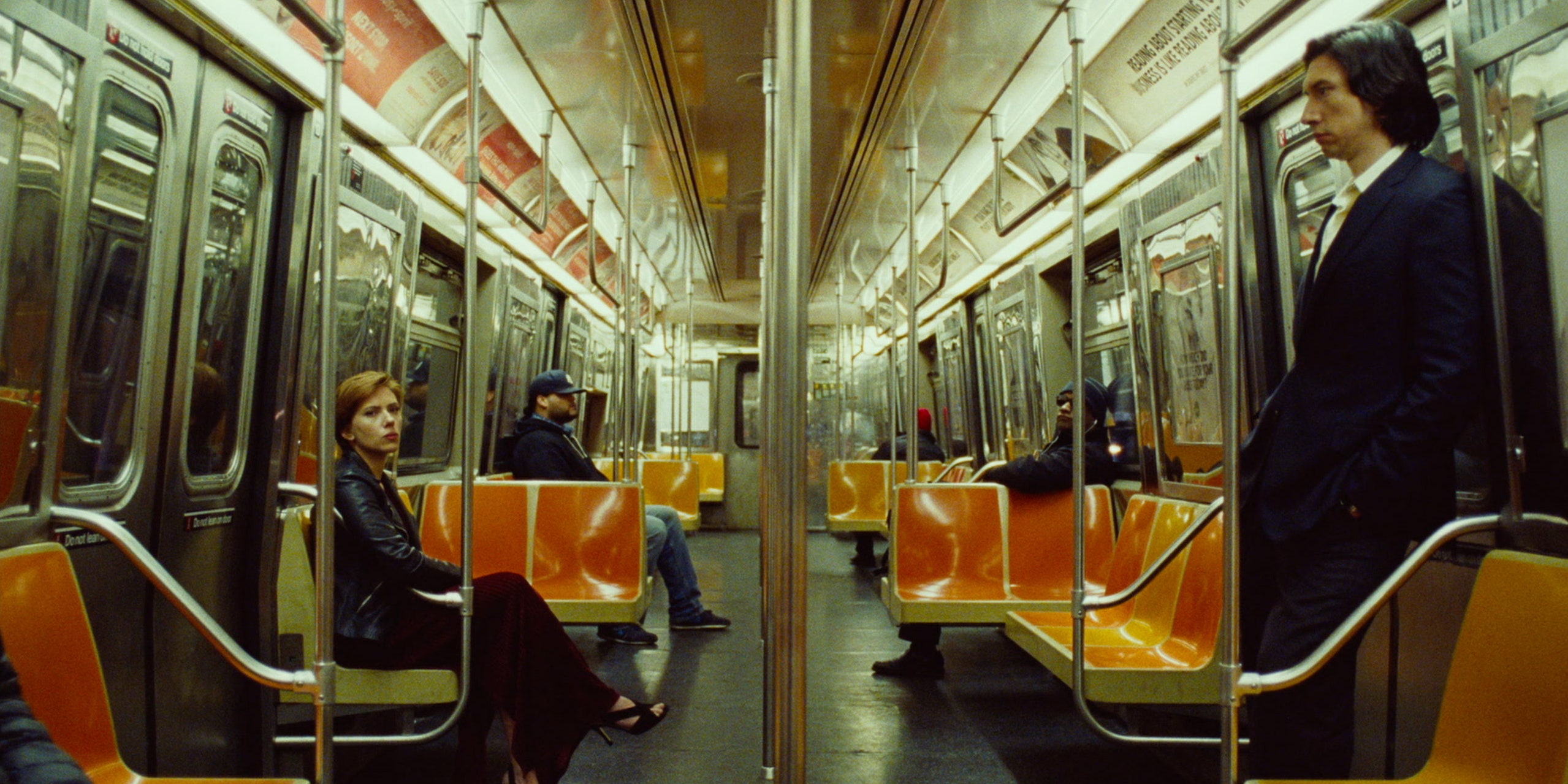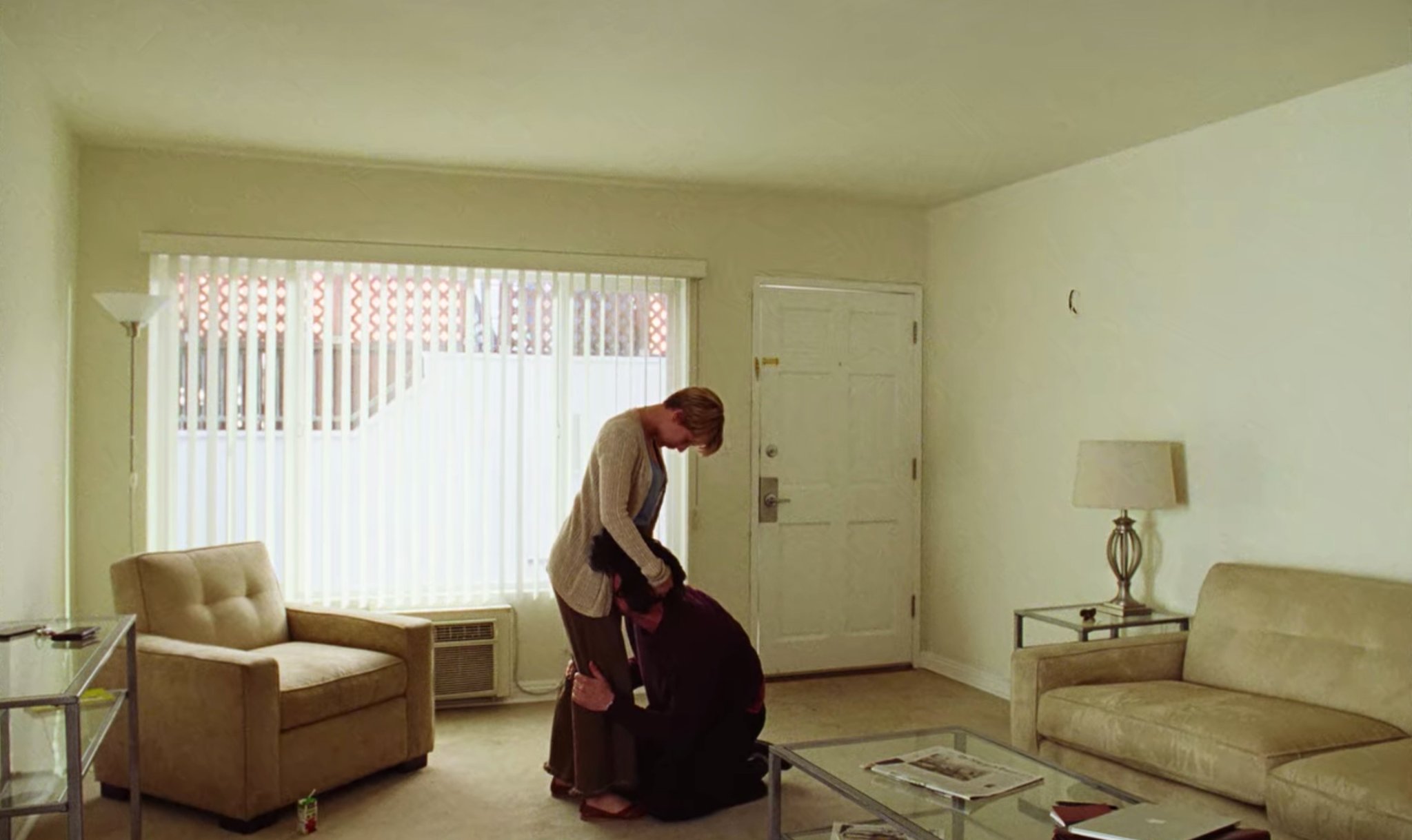When Nicole is given a starring role as a video pilot in Los Angeles, she determines to transmit the company and immediately live with her mom in West Hollywood, taking her son Henry. Charlie chooses to stay in New York, as the play is stimulating to Broadway. Despite the couple admitting to split amicably and forgo lawyers, Nicole hires Nora Fanshaw, a family lawyer, and rants about how she constantly felt neglected by him and how he refuses her ideas and desires. Nicole recommends that Charlie slept with the stage manager of the theater company. The sequence shows a subtle wave of disappointment when Nicole rants about how miserable she was with him. With is the story of many women, and this performance of Scarlet Jhonson would have made an impact.
Movie Says
Charlie tours his family, explaining that he has won a MacArthur Fellowship grant, but Nicole insists on divorce. Charlie meets with Jay Marotta, a bold and costly lawyer who urges Charlie to fight dirty. However, Charlie returns to New York without engaging with him. He gets a call from Nora, who asks him to get a lawyer soon or risk missing Henry’s custody. Charlie goes back to Los Angeles and hires Bert Spitz, an empathetic and retired family lawyer who supports a civil and conciliatory approach. The sequence shows how desperate a person can be to keep their loved ones close to them. The movie shows how divorce breaks a human and a family. On Bert’s attorney, Charlie rents a residence in Los Angeles to be closer to his family and restore his custody case. Charlie wants to avoid court, so Bert plans a meeting with Nora and Nicole. Nora argues that Charlie denied respecting Nicole’s wishes to move back to Los Angeles and that Henry would fancy staying with his mother rather than fly back and forth between coasts. Bert personally advises Charlie to drop his New York residency altogether. However, frustrated Charlie declines and asks his lawyer not to work on his case. Using the first payout of his scholarship grant, Charlie rehires Jay. The sequence reflects an aggregated father, a helpless kid, and a lawyer trying to help. The lawyer is just trying to help the kid by pitching what the kid wants; However, he loses his client.
Ugly Divorce
The case goes to court, where Nora and Jay battle aggressively on behalf of their customers, pointing to a series of determination killings. Nora highlights Charlie’s past betrayal and touching distance, while Jay lies about Nicole’s drinking habits and approaches criminal action for hacking into Charlie’s emails. Meanwhile, Charlie and Nicole remain loyal out of court and share time with Henry, who is frequently irritated with the back-and-forth. Disillusioned with the judicial process, the couple decides to meet in private. However, Charlie’s apartment’s respectful discussion turns heartfelt and vicious. Nicole claims that Charlie has now fully absorbed with his selfishness, and Charlie wishes death upon her. He then breaks down in tears and regrets. Nicole comforts him. An appointed expert evaluator observes a night in with Charlie and Henry, during which Charlie accidentally cuts himself. The duo soon agrees to relax their demands and reach an equitable agreement to finalize the divorce, although Nora settles slightly better terms for Nicole against her wishes.
Calm Ending
This sequence is the best thing that happened to Hollywood. I have never seen a movie that reflects emotional maturity and vulnerability at the same time. Divorce is an ugly process to go through, but the movie teaches us that negation can resolve anything. “Negotiations has prevented wars, and then this is just a divorce.” The sequence shows us an ugly part of life without even letting us know that it is ugly. Count this movie as a blessing and appreciates such creators who choose to invest their time and movie in such a masterpiece. I thought the movie would disturb reading the movie description, but the movie left me so calm. A year later, Charlie’s play has a prosperous Broadway run, while Nicole has a new boyfriend and is chosen for an Emmy Awards for directing an episode of her show. Charlie notifies Nicole that he has taken a residency at UCLA and will be dwelling in Los Angeles full-time to be more intimate with Henry. Later, he finds Henry reading Nicole’s list of things she loves about Charlie she scribbled down during counseling. Henry asks Charlie to read it loudly to him, and Charlie does so, becoming emotional as Nicole observes from afar. After a Halloween party that evening, Nicole offers to let Charlie take Henry home even though it is her evening. Charlie walks out to his car, taking a sleeping Henry, and they part ways once more.
Count Your Blessings
Henry, Charlie, and Nicole deserved this ending. The movie’s conclusion screams out loud that divorce can separate a husband and wife but can’t let that parent die inside them. All they wanted was to see their son happy, and this made things so effortless for them. In the end, it was a win-win for everyone. The movie reflects that Yes! Divorce is ugly, but who said it has to stay this way forever. A person can be with someone and still can become an efficient parent for their offspring. The most beautiful movie I have ever seen. That is a subtle conclusion, and it’s one that this fastidious and messy movie both supports and resists. Bouncing between two large, outspoken American cities, Charlie and Nicole realize that other people are impossible and necessary: children, colleagues, in-laws, even sworn officers of the bridal bar. Alive is growing, not alone. One of the morals of this tale, chastening but also oddly supportive, is that we don’t ever really know one another. However, we’re nonetheless forced to try. Lawyers do it their way, emphasizing simple answers to complex questions. This is the room to note that Alda, Liotta, and Dern collectively come near to stealing the film, in part because they are playing players fully in their component in ways that Charlie and Nicole are not.
Is Marriage Story A Real Life Story?
The movie is based on a real story, but a real story inspires it. This movie is not autobiographical. It’s intimate, and there’s a true difference in that.” Baumbach is also a child of separation, which he wrote about in his 2005 film The Squid and the Whale. To study Marriage Story, Baumbach told that “friends, and then to friends of friends, and then to the attorneys and judges of friends,” and said, “I might use autobiographical features at times. However, any extrapolation beyond that has no interest to the work or me or anything else.”
Rating
On Rotten Tomatoes, the movie has an endorsement rating of 94% based on 380 reviews, with an average rating of 8.83/10. The website’s critics’ agreement reads: “Observing a splintering union with empathy and demonstrative grace. The vigorously acted Marriage Story ranks among writer-director Noah Baumbach’s best works.” On Metacritic, it has a weighted common score of 94 out of 100, based on 53 critics, symbolizing “universal acclaim.”
The film received six nominations at the 92nd Academy Awards, including Best Original Screenplay, Best Picture, Best Actor, and Best Actress. It also received a leading six nominations at the 77th Gloden Globe Awards, including five at the 73rd British Academy Film Award and Best Motion Picture- Drama. Dern won the Academy Award, the Golden Globe, the BAFTA Awards for the Best Supporting Actress for the performance, and Screen Actors Guild Award.
Verdict
Whenever Hollywood counts its blessing, the movie will definitely be counted. The movie must have helped a lot of separated families to find closure. The ending will leave you in tears, but all tears are not bad. It is a kind of movie that family counselors will advise you to watch. If I have to describe the movie in the world, it would be. “You Deserve The World.”

